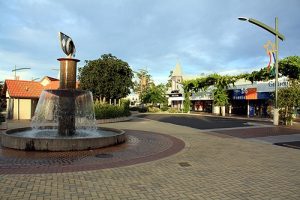Havelock North’s water supply no longer needs to be boiled, its council has announced nearly three weeks after first discovering a contamination.
 About 5200 people – a third of the New Zealand town’s population – have been affected since a campylobacter contamination was found in its water supply last month.
About 5200 people – a third of the New Zealand town’s population – have been affected since a campylobacter contamination was found in its water supply last month.
Since August 12, residents have been asked to boil drinking water, but on Saturday the Hastings District Council said tests had revealed the water was again safe to drink straight form the tap.
“The third clear [daily] water test in a row came back today, allowing the boil water notice to be lifted,” chief executive Ross McLeod said.
The water in the area will continue to be chlorinated for at least three months.
The government has launched an independent inquiry into the contamination.
The cost of the outbreak is going to cost ratepayers more than $700,000.
The Hastings District Council’s Finance Committee is expected to sign off on the expenditure at its meeting tomorrow.
The money is needed to cover the remission of water rates for each household in Havelock North, which is costing the council $300,000 in total.
It will also be used to fund the $110,000 recovery package for struggling businesses.
An extra $300,000 will also be put aside for additional costs arising from the water contamination, including extra water testing, engineering and technical investigations, water supply planning and enquiry costs.
